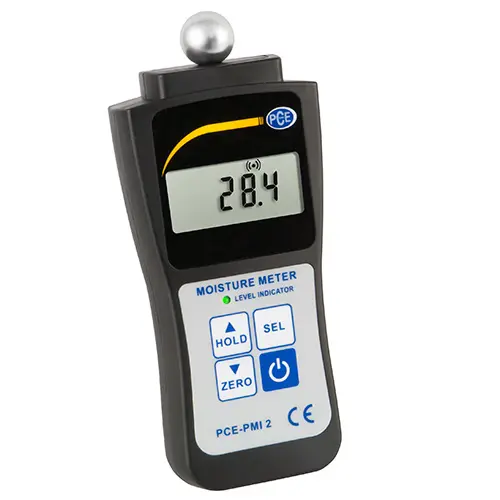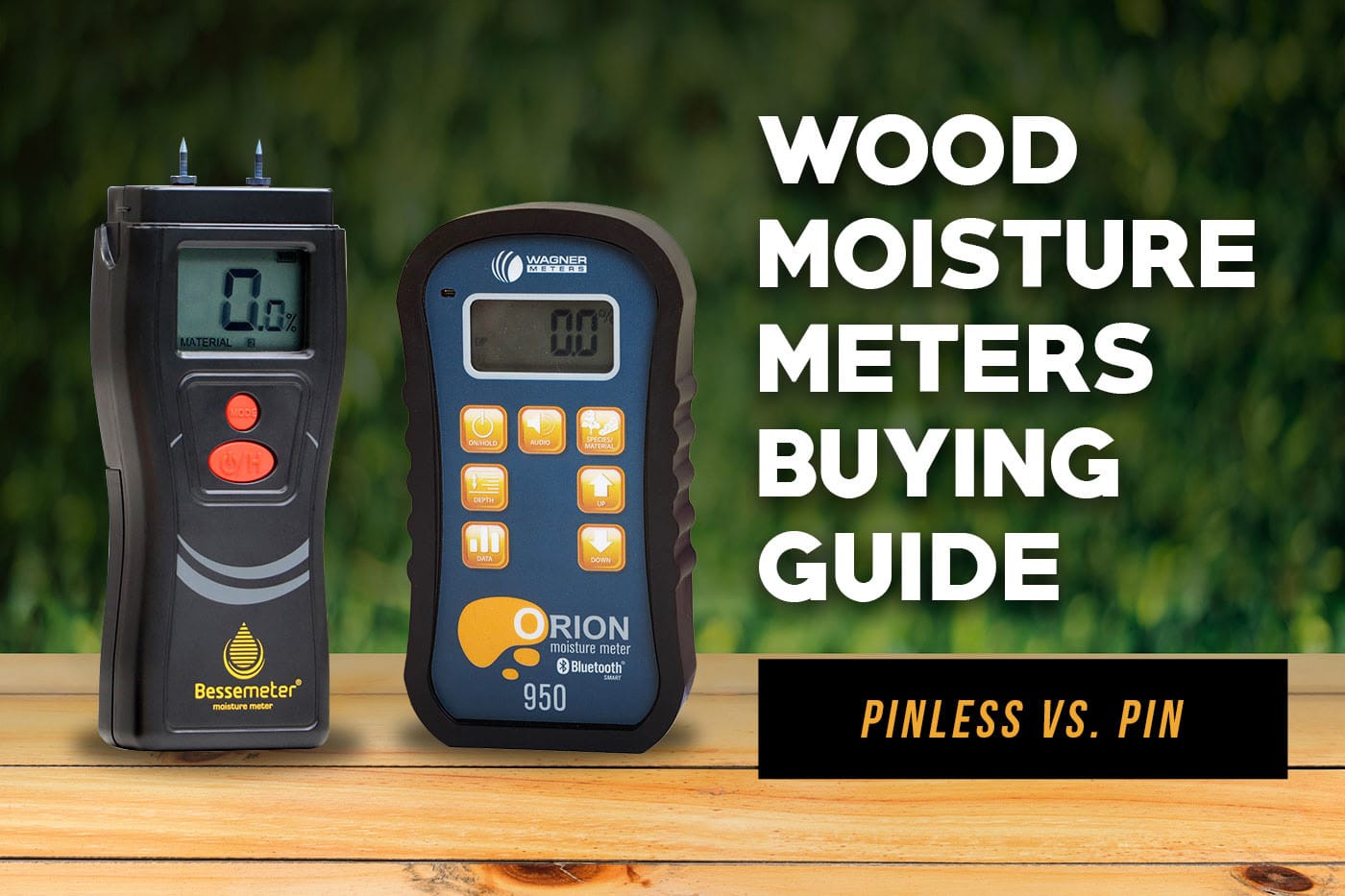Moisture Meter Reviews: Contrasting the Best Versions for Specialist and DIY Use
Moisture Meter Reviews: Contrasting the Best Versions for Specialist and DIY Use
Blog Article
The Ultimate Guide to Moisture Meters: A Comprehensive Review and Just How They Can Save You Cash
In the realm of building upkeep, construction, and different industries, the relevance of precisely measuring moisture levels can not be overstated. Moisture meters serve as crucial tools in finding and monitoring moisture material in products, assisting in protecting against costly damages and ensuring the top quality of products. Comprehending the subtleties of various sorts of wetness meters, their applications, and the prospective cost-saving advantages they provide can be a game-changer for specialists and companies alike. Discovering just how these gadgets can not only improve procedures yet additionally contribute to monetary savings is a journey worth embarking on.
Sorts Of Moisture Meters
One typical kind is the pin-type moisture meter, which gauges the electric resistance in between 2 pins inserted into a material. Pinless moisture meters, on the various other hand, use electromagnetic sensing unit plates to check a bigger area without creating damages to the product's surface area.
Additionally, there are also specialty wetness meters created for details materials like soil, grain, or hay. These meters supply precise moisture analyses customized to the unique residential properties of the product being examined. Infrared dampness meters determine the thermal residential properties of a product to establish its moisture content non-invasively, making them helpful for applications where pin or pinless meters might not be appropriate. Understanding the various sorts of dampness meters readily available can aid industries pick the most appropriate device for their certain moisture measurement requirements.

Advantages of Making Use Of Moisture Meters

Moreover, utilizing dampness meters can lead to raised energy efficiency. In farming settings, dampness meters play an essential duty in maximizing crop yields by allowing farmers to keep an eye on dirt dampness degrees and make educated irrigation choices.
Just How to Pick the Right Moisture Meter
Picking the suitable wetness meter entails taking into consideration vital variables such as product compatibility, dimension range, and calibration precision. When choosing a dampness meter, it's important to make sure that the meter is suitable for the particular product you will certainly be go to the website screening. Different products have differing electrical buildings that can impact dampness readings, so selecting a meter made for your material is important for accurate results. Furthermore, take into consideration the dimension series of the moisture meter. Guarantee that the meter can detect moisture levels within the variety needed for your applications. Calibration accuracy is another vital factor to maintain in mind (Moisture Meter). Choose a dampness meter with reputable calibration to guarantee regular and accurate analyses. Some meters may call for routine calibration adjustments, so comprehending the calibration process is necessary. By meticulously reviewing these elements, you can choose a dampness meter that fulfills your needs and supplies precise wetness dimensions for your tasks.
Correct Strategies for Moisture Meter Usage
To guarantee exact wetness readings and optimize the performance of a dampness meter, utilizing proper strategies is important. When using a pin-type moisture meter, place the pins or probes right into the product being examined till they make full contact. Guarantee the pins are perpendicular to the surface to obtain the most precise analysis. For pinless moisture meters, hold the device level versus the material and relocate it gradually to cover the entire location for an ordinary analysis. It's crucial to calibrate the moisture meter according to the product being evaluated to improve precision. Take numerous analyses across the surface area and average them out for a much more trustworthy result. In addition, ensure that the product being evaluated is adapted to the environment to avoid manipulated readings. Normal upkeep of the wetness meter, such as cleaning the pins or sensor, find out here is additionally vital to make sure precise and consistent readings. By complying with these correct methods, customers can count on their moisture meter to provide trustworthy moisture degrees, assisting in stopping expensive damage or ensuring high quality in different applications.

Price Financial Savings Through Moisture Meter Applications
Exactly how can the strategic use of moisture meters lead to significant expense financial savings across various sectors? In the farming market, dampness meters aid in determining the optimum time for harvesting plants, stopping excess or over-drying dampness that can affect the last product's quality.

In addition, in the food processing industry, dampness meters are important for keeping track of product top quality and making sure compliance with security guidelines. By precisely determining dampness content in food, manufacturers can stop putridity, maintain quality, and lower waste, causing considerable cost financial savings. In general, the critical application of wetness meters is a beneficial financial investment that can cause considerable price reductions and boosted performance throughout different sectors.
Conclusion
In final thought, wetness meters are important devices for gauging and identifying wetness degrees in different products. By making use of the right dampness meter and adhering to appropriate strategies, users can efficiently protect against expensive problems caused by excess wetness.
Wetness meters serve as indispensable devices in discovering and checking moisture material in products, helping in preventing expensive damages and making certain the high quality of products. Infrared wetness meters gauge the thermal homes of a product to identify its wetness web content non-invasively, making them special info helpful for applications where pin or pinless meters may not be appropriate.Moisture meters offer invaluable advantages in precisely keeping an eye on and assessing wetness levels in varied materials and atmospheres. In agricultural setups, dampness meters play an essential function in maximizing plant returns by making it possible for farmers to keep an eye on dirt wetness degrees and make notified watering decisions.In final thought, dampness meters are valuable tools for determining and detecting wetness degrees in various products.
Report this page